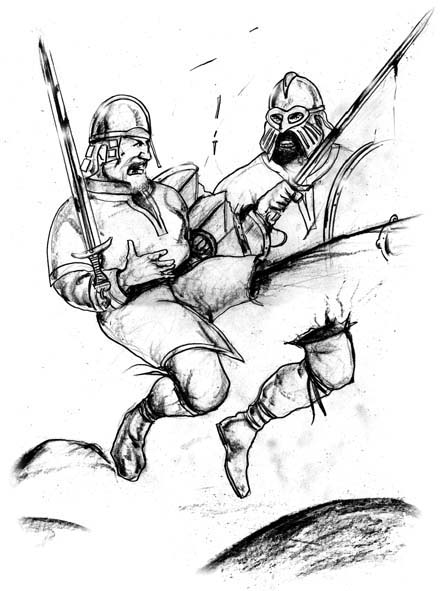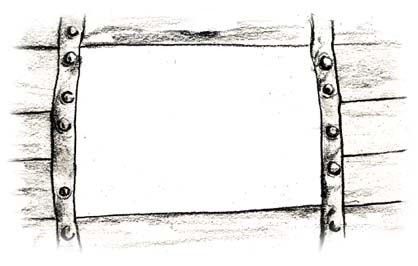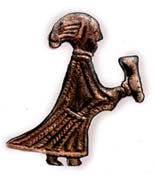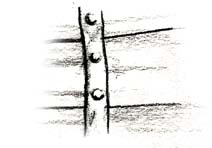
These were the laws of wager of battle in those times,
that when one man challenged another on any claim,
and the challenger gained the victory,
then he should have as prize of victory that which
he had claimed in his challenge.
But if he were vanquished,
then should he ransom himself for such price as should be fixed.
But if he were slain on the field, then had he forfeited all his possessions,
and he who slew him in the combat should take his inheritance.
This was also law, that if a foreigner died who had no heir in the land,
then that inheritance fell to the king's treasury.
And now Egil bade Ljot be ready.
'I will,' he said,
'that we now try to the uttermost this combat.'
Ljot sprang swiftly to his feet.
Egil bounded at him and dealt at once a blow at him.
He pressed him so close, that he was driven back,
and the shield shifted from before him.
Then smote Egil at Ljot,
and the blow came on him above the knee, taking off his leg.
Ljot then fell and soon expired.
Then Egil went to where Fridgeir and his party stood.
He was heartily thanked for this work.
Then sang Egil:
'Fall'n lies the wolf-feeder,
Foul worker of mischief:
Ljot's leg by skald sever'd
Leaves Fridgeir in peace.
From the free gold-giver
Guerdon none I seek me,
Sport I deem the spear-din,
Sport with such pale foe.'




